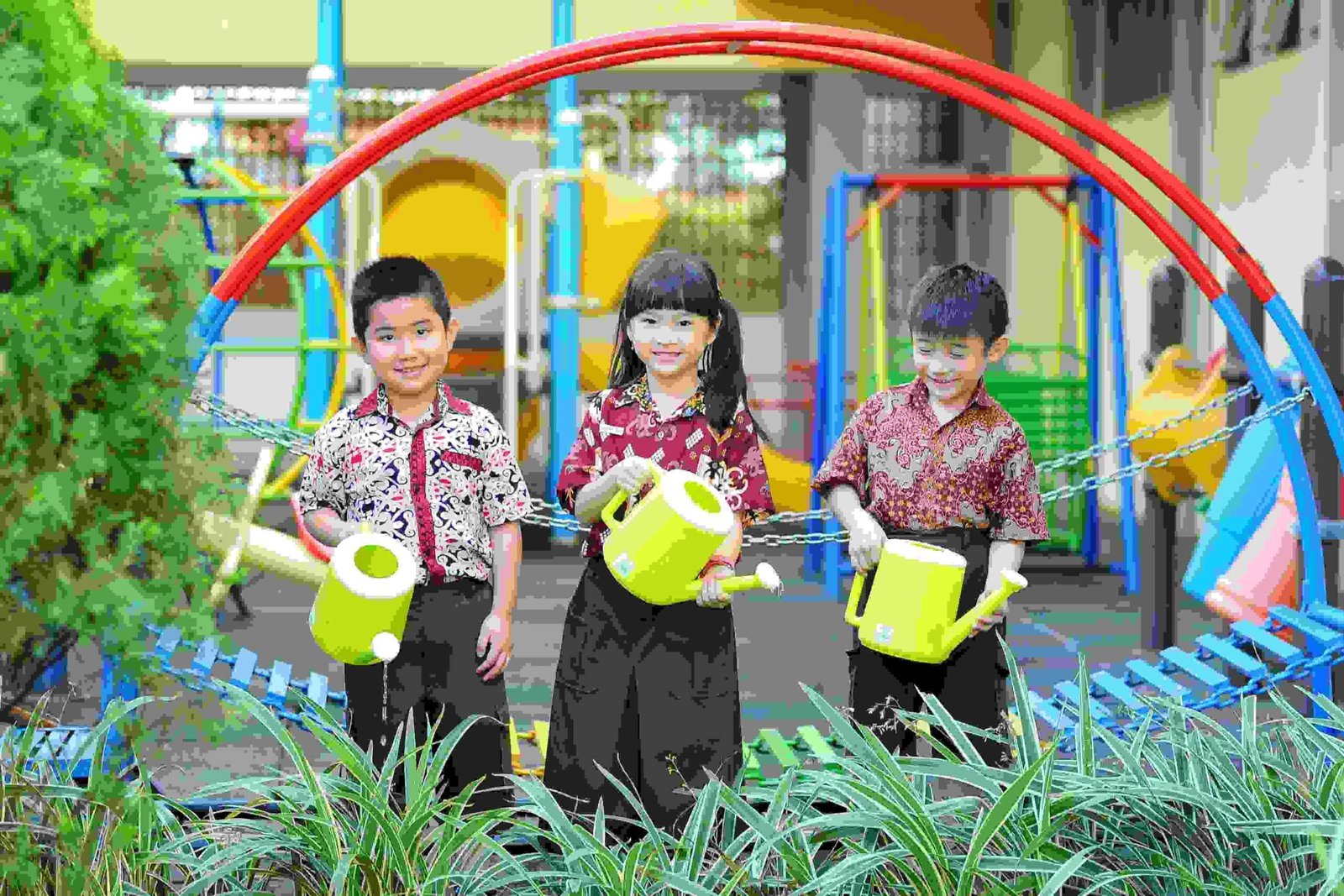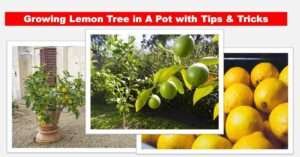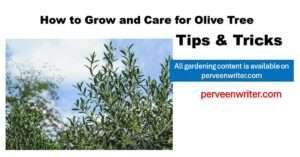What you will read in this Blog?
ToggleWhy Gardening Should Be Taught in Schools
What is Gardening
Introduction:
What gardening is: A leisure activity that involves planting trees. It ought to be for our pleasure. It may also be pursued as a career. However, we do it primarily to enjoy our free time. People of different ages are doing it.
Table of Contents
Overview:
The world is in a state of crisis today. The environment is in bad condition. The economy is unstable due to wars. Atomic nuclear weapons are increasing pollution. It is very important to cultivate new creative gardening ideas. We should teach our children how to grow things.
We can save our environment by teaching the children gardening. Gardening will teach the children about the environment. They will learn how to take care of plants. It also introduces the children to how plants grow. Gardening is the best hobby and fun way to spend time. It is done in free time or with family as an indoor activity.
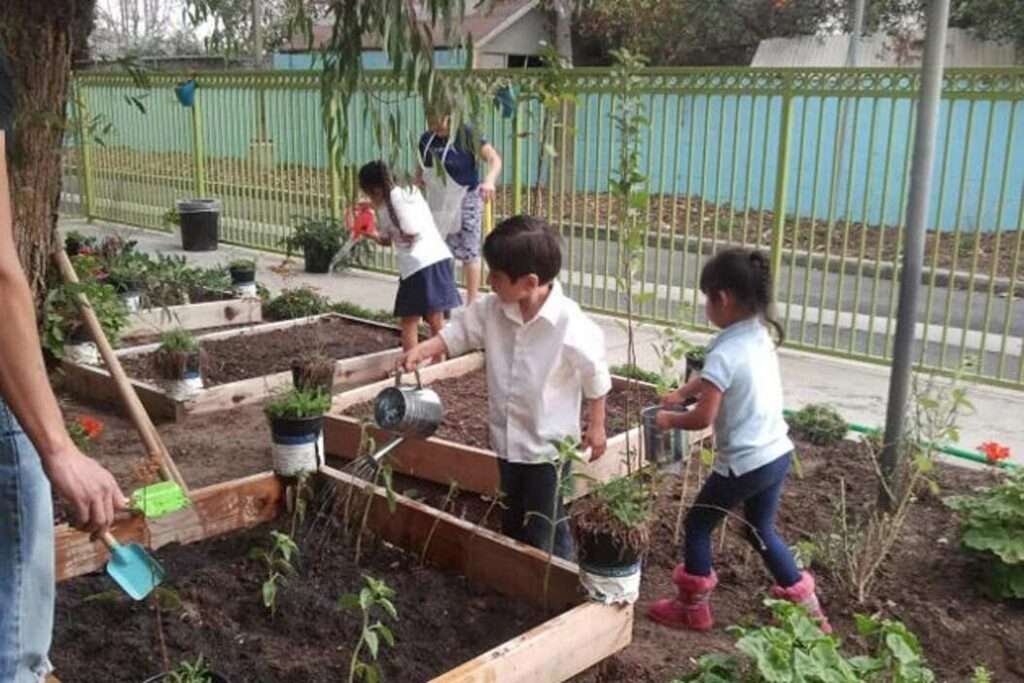
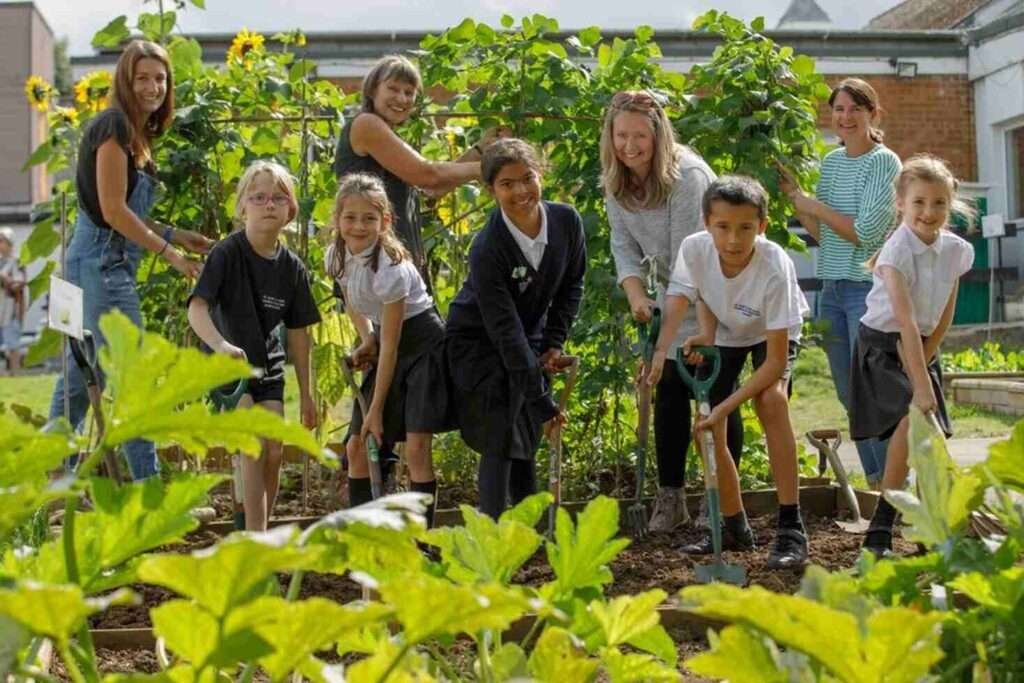
Why is gardening so Important in our lives?
Geoffrey Charlesworth, an opinionated gardener, says that when someone starts to garden. He feels that something new is happening daily.
We see that everyone is stressed in their daily routine. We browse the web while sitting, walking, or resting in bed. We need to remember the nature.
Gardening is not only dig and dirt, as everyone thinks. It’s all about creation. It is very essential for your health.
Whether gardening should be taught in school or not is a question. It has long been debated. It is very hard to deny the importance of gardening in our lives. If you are walking in the school garden or a nursery, you will feel that some good feeling is coming into your soul.
Reasons for Teaching Gardening in Schools
Academic advantages: Students can learn about science, arithmetic, nutrition, and environmental topics by gardening. For instance, children can study the plant life cycle, the value of water and sunlight, and the many soil types. Additionally, they can learn how to weigh ingredients, determine how much it costs to raise various meals, and assess the nutritional content of different fruits and vegetables.
Health advantages:
Students can exercise and breathe clean air by gardening. Additionally, it can teach kids about wholesome eating and their food sources. In addition to eating more fruits and vegetables, students who garden are also less likely to be overweight or obese.
Benefits for students’ social and emotional development include learning how to work in a team, communicate effectively, and solve problems. Additionally, it can support their development of self-assurance and accountability. Students may interact with nature and learn to value the environment through gardening.
Addressing climate change:
Students can learn about climate change and how to lessen its consequences by gardening. For instance, students can study environmentally friendly gardening techniques like composting and rainwater collection. Additionally, they can learn the value of biodiversity and how to safeguard pollinators.
Gardening may teach pupils about food security and how to raise their food, promoting food security. Gardening is crucial because of the growing threats to the world’s food supply.
Giving students the chance to study outside the classroom: Gardening may provide students the chance to learn outside the classroom, which has been linked to a range of advantages, such as enhanced academic performance, increased creativity, and lowered stress levels.
Gardening Helps Preserve Cognition:
It has been demonstrated that regular exercise enhances brain cognitive performance. It’s debatable whether gardening is sufficient to support cognitive brain function. However, recent research suggests that engaging in gardening activities may promote the growth of the brain’s memory-related nerve.
A 20-minute study on dementia patients in Korea found that gardening enhanced the density of several brain neurons linked to memory in both male and female participants. A similar study found that horticulture treatment is successful for dementia patients.
In Norway, persons with dementia frequently participate in green care activities and spend many hours of the day caring for gardens.
Growing plants can help to lessen anxiety:
Exam time is known to cause a lot of stress for students, and gardening, in addition to other activities, aids in relaxation under stressful conditions.
Participants in a 2011 study experienced a stressful activity. The group was divided in half, with one half instructed to read while the other spent time in the garden. The gardening group had recovered from stress more quickly than their reading counterparts when the levels of the stress hormone cortisol in their bodies were measured. Only a few readers reported being happy, compared to most gardeners, who verified that their moods were stable.
Given these factors, students who feel anxious and concerned about their exams can think about performing outdoor gardening activities. There is a good chance of emerging stress-free and happy. Why should it be taught gardening in schools? Now, this question is clearing your minds.
On the other hand, you also don’t want your final work to receive poor marks. Therefore, asking for academic assistance is one strategy to reduce stress and improve performance. Peachy Essay offers the greatest educational writing services for papers. Regardless of the nature of your duties, the team of qualified writers will handle it.
Gardening Aids in the Recovery from Addiction:
It is no surprise that gardening activities could be included in an approach to addiction recovery. Plants are a powerful aid for treatment because they stimulate positive emotions in addicts and addicts in recovery. Compared to recovering people with an addiction who chose arts and other hobbies, individuals who selected gardening from a range of alternatives like carpentry finish their rehabilitation process effectively and with a more positive experience.
Offer Special Learning Opportunities:
Activities in the garden are excellent for encouraging children to engage in a more challenging way in a classroom. It allows for unexpected events, such as when plants become infected with fungus, how the weather and seasons can affect the growth of various crops, and how multiple insects are attracted to different plants. These changes demonstrate how nature governs our world and give students immediate, personal reasons to be interested in finding answers to burning questions.
Summary:
Now, the answer to the question: Why should it be taught Gardening in schools? It should be clear in your mind. By all means, Gardening should be taught in schools. There are many benefits of Gardening in our lives. The advantages of Gardening far exceed the disadvantages. In addition to teaching students how to improve their skills, Gardening can promote the development of an exploring mentality. There will be a significant decrease in chronic diseases and the promotion of healthy eating.
Objectives of gardening in schools?
Gardens offer endless opportunities for students to experience and try the items that are frequently the most challenging to get them to eat. They also assist in getting them interested in fruits and vegetables, encouraging outdoor recreation and healthy physical activity, and supplying students with fresh local fruit.
Impacts of school gardening on learning
According to studies, students’ overall academic performance can be improved by the instruction they receive in the garden: Participating in school gardens significantly increases students’ total grade point average, particularly in math and science.
Is gardening a creative skill?
Being observant, problem-solving, taking care of things, and trying to combine what we have with what we want constitutes creativity in gardening. The resources in our gardens are incredibly plentiful, but they frequently have a mind of their own.
Why should gardening be taught in school essay?
Additionally, gardening can be a fun and useful activity. It also teaches the value of perseverance, diligence, love, and affection. Because maintaining and nurturing a garden is a lot of work, additionally, it brings peace to the individual who looks after it.
